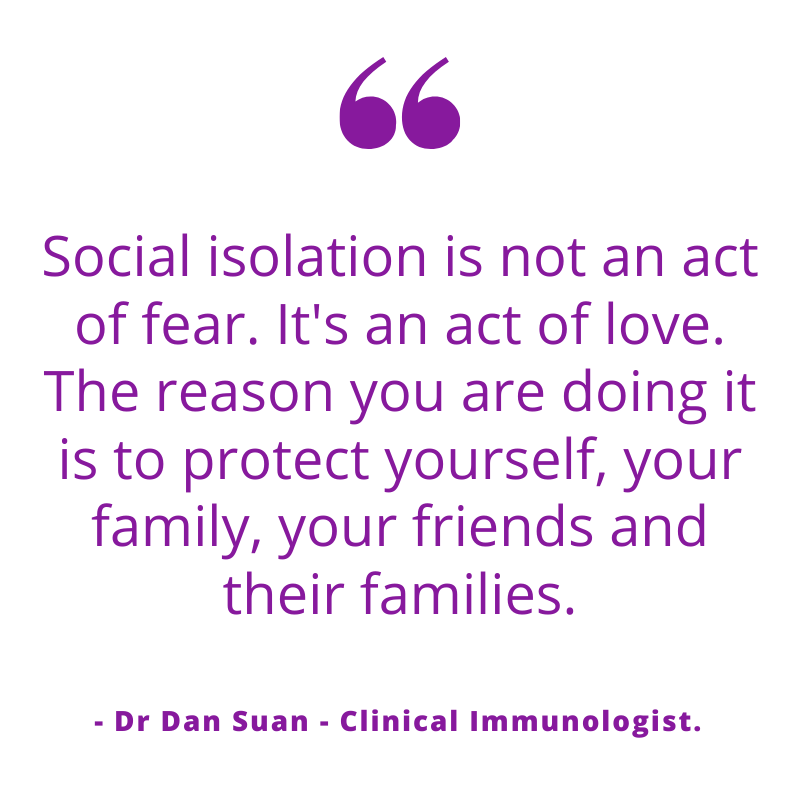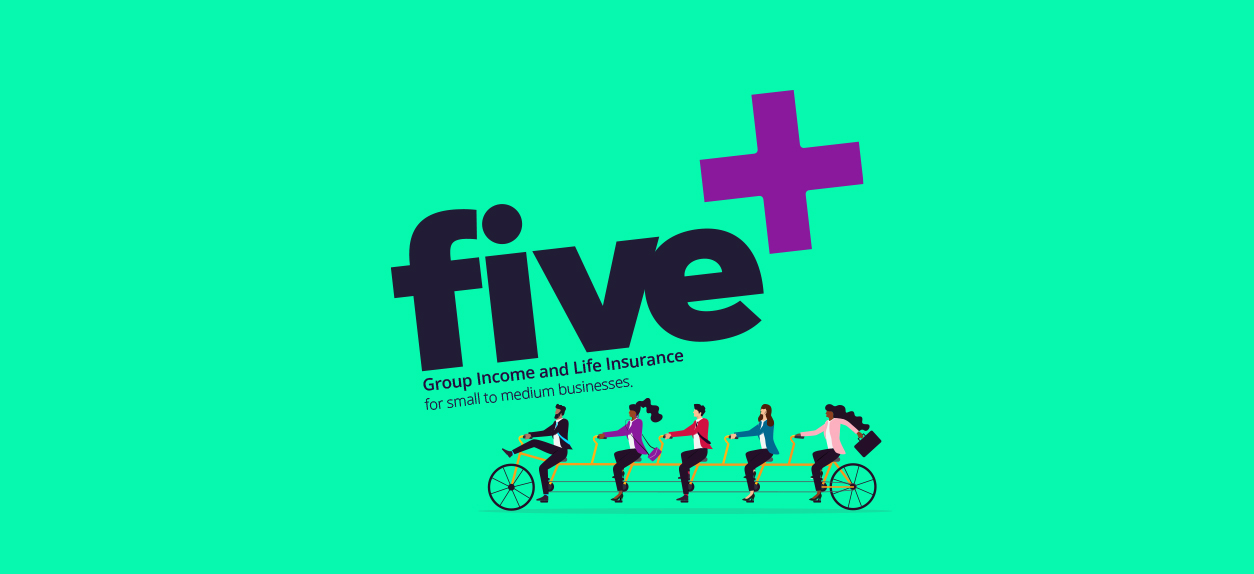Buying life insurance during the COVID-19 pandemic.
In countries like the US and Thailand, the COVID-19 pandemic has brought about a rush of ‘panic buying’ for Life Insurance, and even here in Australia we are seeing an increase in policies (mainly in the direct market) as consumers rush to protect themselves and their families.
But is Life Insurance a good ‘panic buy’ and how has the application process changed?
Fools rush in.
The short answer is ‘no’. It’s not something you should buy on a whim for a number of reasons. The products are complex and small details can have massive ramifications in terms of outcomes. It’s also a purchase that often involves a lot of conversations with partners, loved ones, and even those outside the family. Life insurance involves making decisions about how you want to live, and die, and these are not the kinds of decisions you want to rush through. We always recommend speaking to a financial Adviser (see https://fpa.com.au/, https://www.afa.asn.au/ or https://www.adviserratings.com.au/).
Applying for insurance – what has changed?
With social distancing here to stay for the foreseeable future, the normal process to getting life insurance has changed for many people. Everything from being able to meet face-to-face to getting medical exams are a little more challenging now. But what’s important to know is that life insurance companies are taking new clients, including those on the front-line and even if you have the potential to be exposed to COVID-19 through travel or your job.
- You may not need a medical exam. Actually, many applications depending on the type of cover and your personal circumstance have never needed any medical examinations or ‘physicals’. If you do need an examination, our providers have safeguards in place to manage infection (and always have had) and we consider the risk is no greater than any other personal care you might need in these times – like getting your hair cut. In many cases where we may need medical data we’re looking at existing medical records, prescriptions and other data points to get you covered.
- Collaborative conference applications. Where normally a Financial Adviser may sit with you in person at their office or your home, many are now using video conferencing to kick off the application process. There are some insurers (like us) who have designed in the ability to ask the health questions we need in the application process, that is online on a sharable screen so that client and Adviser can complete the process together via video-conferencing for a much more collaborative and engaging process.
- You may be asked new questions. For example, have you recently been on a cruise, or been in contact with anyone who has contracted COVID-19 – many underwriters like Integrity who use a digital process, where you are only asked further questions relevant to your initial answers have not yet needed to ask questions this specific.
- You won’t need to fill in any paperwork. If you don’t have a printer, or feel like going to the post-office, or are inclined to complete pages and pages of questions – you may be able to take advantage of ‘smart forms’ that are 100% online and only ask the questions that are relevant to you – based on your previous responses. It saves considerable time completing applications and no painful paperwork.
Life insurance is now firmly on many people’s radar where previously it was the kind of thing that was put off until ‘later’. Make sure though when you are considering a policy to understand the process and that you’re generally not comparing apples with apples.

Scott Hodgson
Chief Underwriter


